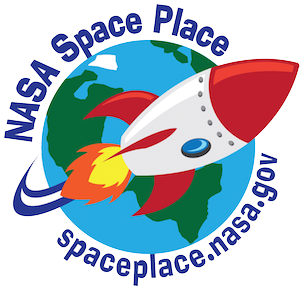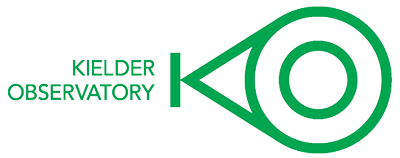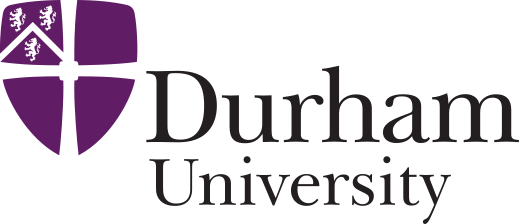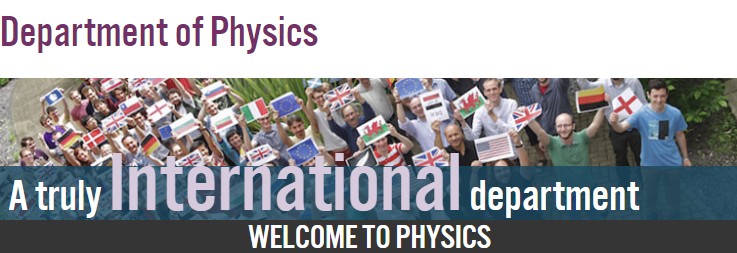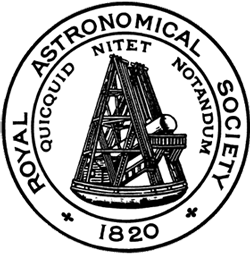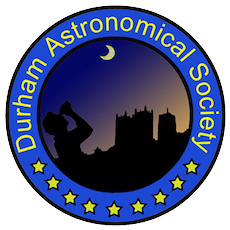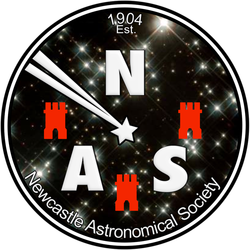You can click on the logos to jump to the relevant websites.
NASA’s award-winning Space Place website engages upper-elementary-aged children in space and Earth science through interactive games, hands-on activities, fun articles and short videos.
With material in both English and other languages and numerous resources for kids, parents and teachers, Space Place has something for everyone.
Kielder Observatory is a public astronomical observatory which is under some of the darkest skies in the world where you’ll find “infinite inspiration” and wonders you could never have imagined!
The Department of Physics at Durham University in Durham, England, is a large physics and astronomy department involved in both undergraduate teaching and scientific research..
The Institute for Computational Cosmology (ICC) is one of nine Research Institutes at Durham University, England.
It was founded in November 2002 as part of the Ogden Centre for Fundamental Physics, which also includes the Institute for Particle Physics Phenomenology (IPPP).
The ICC’s primary mission is to advance fundamental knowledge in cosmology. Topics of active research include: the nature of dark matter and dark energy, the evolution of cosmic structure, the formation of galaxies, and the determination of fundamental parameters.
The British Astronomical Association (BAA) was formed in 1890 as a national body to support the UK’s amateur astronomers.
Throughout its history, the BAA has encouraged observers to make scientifically valuable observations, often in collaboration with professional colleagues.
The Royal Astronomical Society (RAS) is a learned society that began as the Astronomical Society of London in 1820 to support astronomical research (mainly carried on at the time by ‘gentleman astronomers’ rather than professionals).
It is the UK adhering organisation to the International Astronomical Union and a member of the Science Council, and encourages and promotes the study of astronomy, solar-system science, geophysics and closely related branches of science.
Meetings are held in Burlington House, in Piccadilly, London and across the United Kingdom (UK).
The society has over 3000 members, around a third of whom live outside the UK.
The Durham Astronomical Society are a group of enthusiastic amateur astronomers who are keen observers.
They have meetings once a month with a talk on one particular aspect of astronomy and regularly get together to observe the night sky. We have close links with other astronomical societies in the North East of England, in particular the Cleveland & Darlington Astronomical Society.
They also actively support the Wynyard Planetarium and Observatory at Wynyard Woodland Park, helping to arrange observing events and activities for young and old.
Newcastle Astronomical Society (NAS) are society for all ages, with different levels of experience.
They especially focus on helping the beginner, don’t feel intimidated or worry that it’s all over your head. they aim to make stargazing fun.

